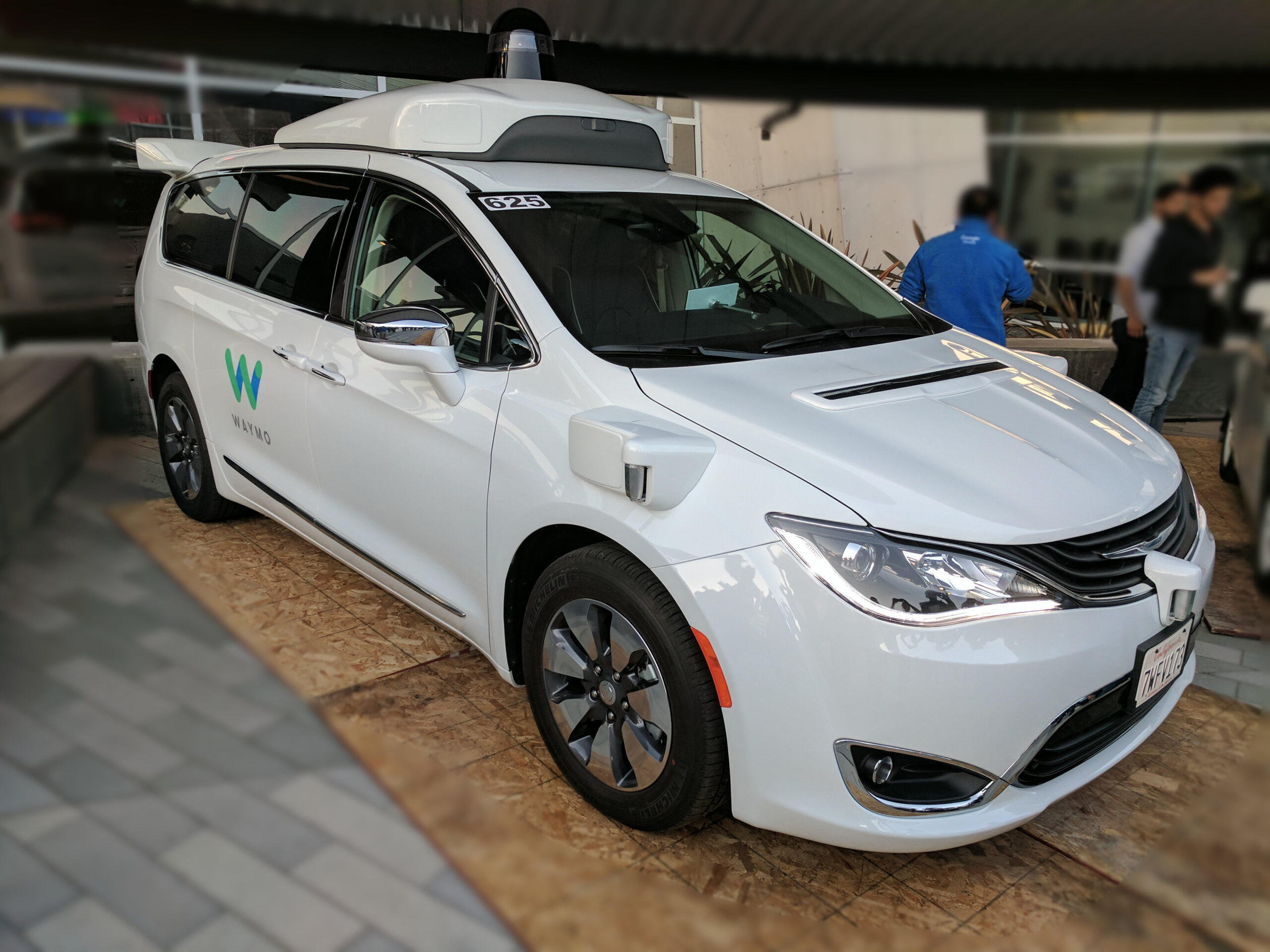
Waymo announced Tuesday that it is now offering accounts for teenagers aged 14 to 17, starting in Phoenix. Parents can invite their teens to join the program by pairing their accounts. Once activated, teens can hail fully autonomous rides on the platform.
Expanding Access Amid Broader Growth
Previously, users had to be at least 18 to sign up for Waymo accounts. The move to include younger riders aligns with Waymo’s efforts to boost ridership as it expands its autonomous ride-hailing services across U.S. cities. Alphabet, Waymo’s parent company, is also under increasing pressure to monetize its AI and autonomous vehicle investments amid growing competition and economic challenges.
Waymo will provide “specially-trained Rider Support agents” to assist teens during rides and will contact parents if necessary. Teens can share trip updates with parents in real time, and parents receive all ride receipts for transparency and peace of mind.
Currently, teen accounts are only available in the Phoenix metro area, but Waymo plans to roll them out to other markets where its app operates outside California.
Industry Context and Future Plans
This initiative follows a similar teen account program launched by Uber in 2023. Waymo, which partners with Uber in multiple cities, has not ruled out allowing teen access through its network partners in the future.
Waymo already completes over 250,000 paid trips weekly across Phoenix, San Francisco Bay Area, Los Angeles, Atlanta, and Austin, Texas. The company is preparing to launch autonomous rides in Miami and Washington, D.C., by 2026.
In June, Waymo announced plans to test manually driven vehicles in New York City, seeking a permit to operate autonomous cars with a trained specialist behind the wheel in Manhattan as a first step toward entering the largest U.S. city.
What The Author Thinks
Allowing teenagers to access autonomous rides with parental oversight is a forward-thinking step that helps build trust in self-driving technology early. It not only increases ridership but also introduces younger generations to autonomous transport, potentially shaping future mobility habits. Safety measures like Rider Support agents and real-time updates are crucial to easing parental concerns, and this cautious approach balances innovation with responsibility.
Featured image credit: Wikimedia Commons
For more stories like it, click the +Follow button at the top of this page to follow us.
